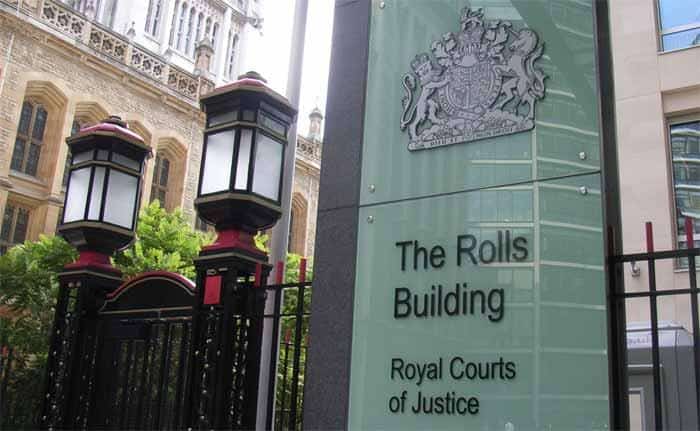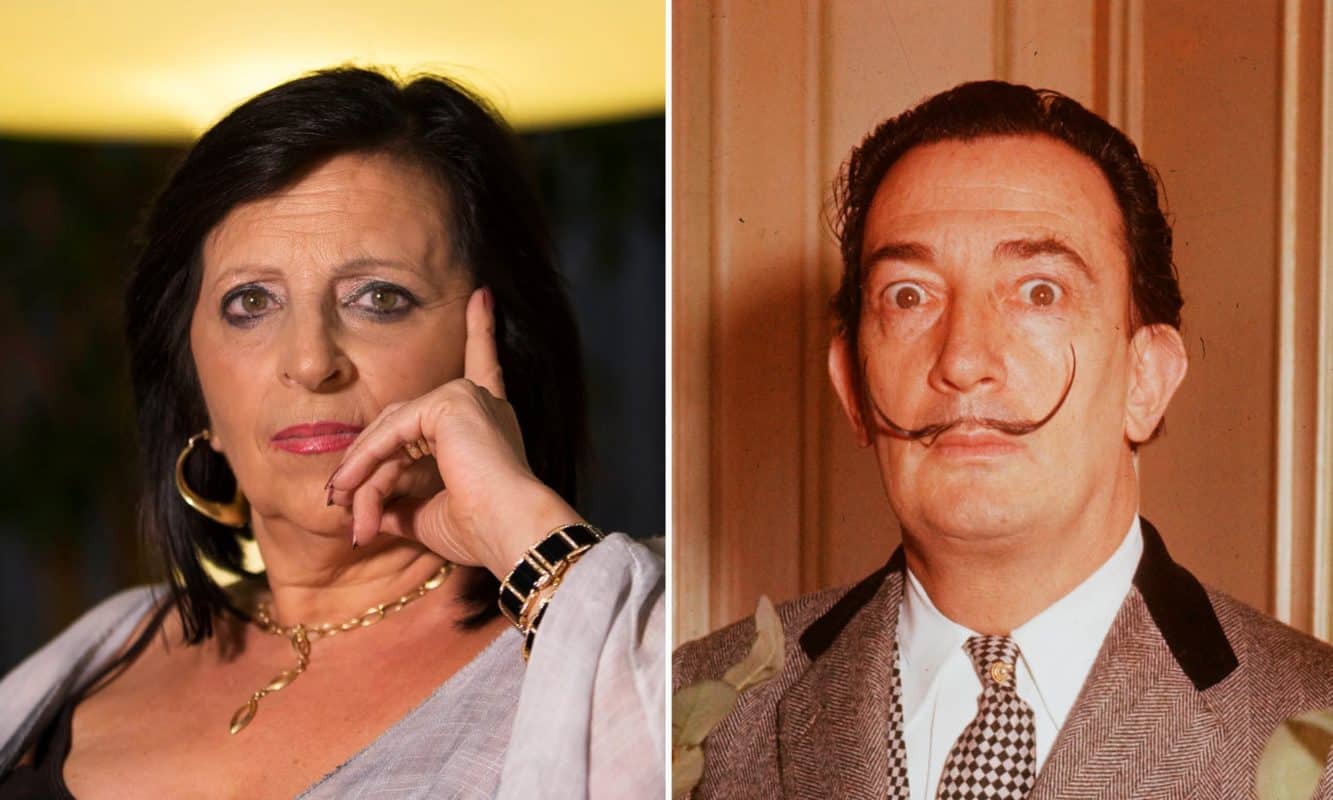After validity challenges and 1975 Act claims, disputes concerning the conduct of executors are perhaps the most commonplace of probate disputes. From cases of difficult, slow, uncooperative or hostile executors through to the downright dishonest, the issue frequently arise as to whether the current personal representatives should continue to administer the estate or, alternatively, should […]
Category Archives: Administration of trusts and estates
ET v JP & Ors [2018] EWHC 685 (Ch) is a short but an important decision which deals with the question of the boundaries between the Court of Protection and the High Court when considering the variation of a trust on behalf of a minor who will never possess mental capacity. The case concerned an application […]
This is Part 2 of an occasional series on tricky probate problems and how to solve them. In Part 1, I looked at the issue of limited grants. In this post I will look at the options that are available where a caveat has been entered, warned, and an appearance entered. Usually, in these circumstances, […]
One of the joys, in my view, of a Chancery practice, is dusting off principles of ancient standing and applying them to solve modern problems. This case concerns defectively executed deeds that purported to exercise powers of appointment contained within three settlements. The High Court in English & Ors v Keats & Ors [2018] EWHC […]
This is the first in a series of short posts looking at tricky problems that can arise in probate disputes. In this post, I will take a look at a common problem – what to do where a caveat has been lodged in order to prevent a grant of probate being taken, but there is […]
Photo credit: Composite – Reuters/Corbis/Getty The subject of posthumous DNA testing received international attention last year in the case of Salvador Dalí and we have had two decisions this month on the issue from the courts of England and Wales: Anderson v Spencer [2018] EWCA Civ 100, in which the Court of Appeal upheld the High Court’s […]
I was very pleased to be invited to Michelmores’ London offices to speak to their charity legacy officer clients on two tricky topics: dealing with difficult executors and the problem of charity misdescription in Wills. My notes from the talk, which set out the toolkit available to the courts in dealing with problem executors and […]






